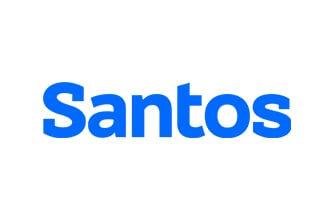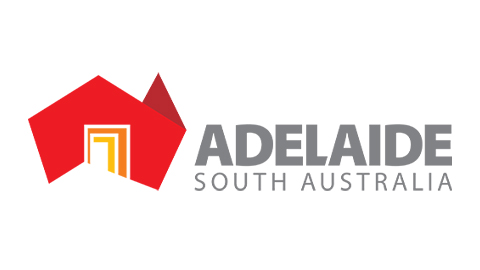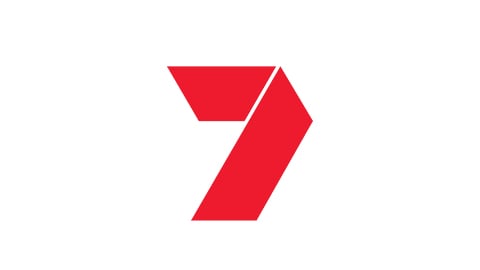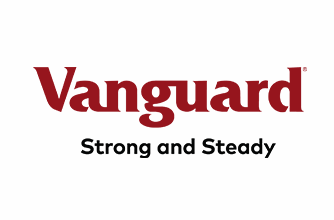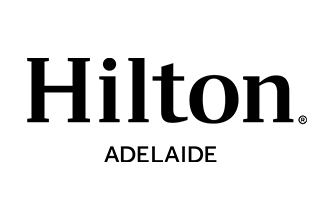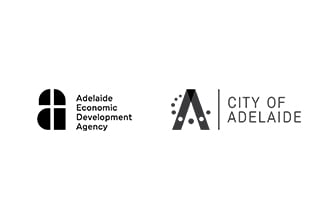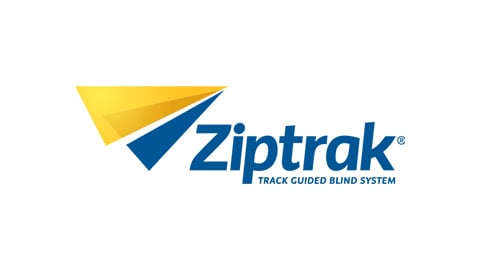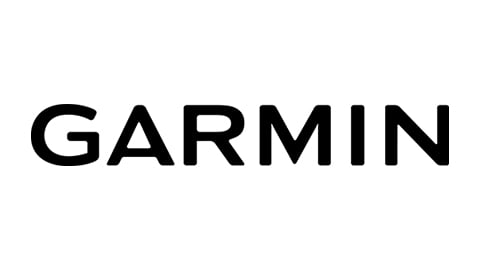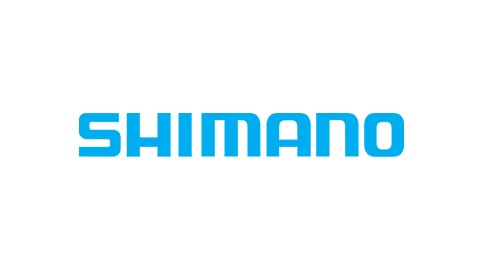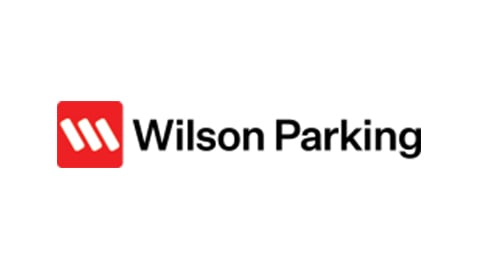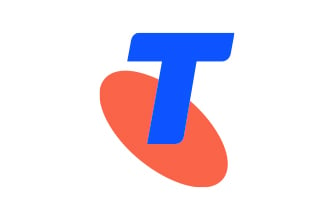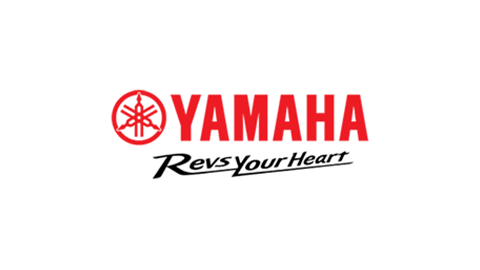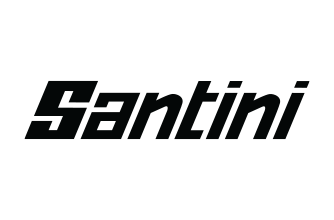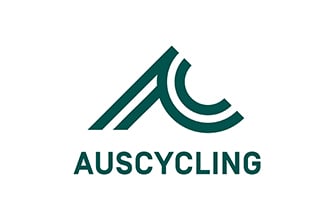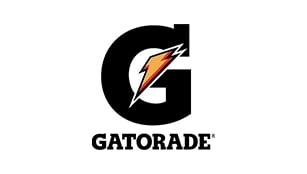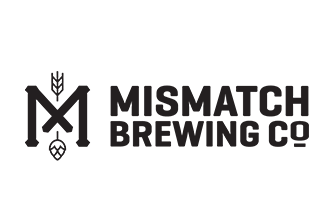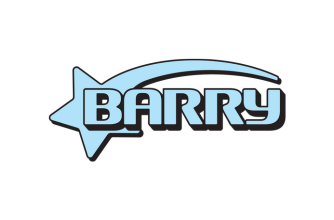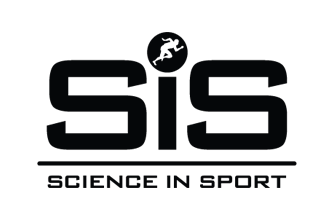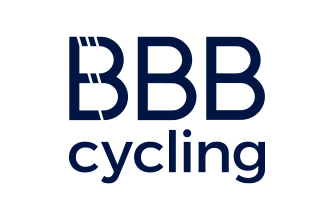TRAVEL TIPS FOR SOUTH AUSTRALIA
The Santos Tour Down Under is held in South Australia's capital city, Adelaide, and surrounding regional areas.
South Australia is now officially open to all visitors, both from interstate and overseas. However, different requirements apply for different visitors, depending on where you arrive from and your vaccination status. Find out more here.
Below are some travel tips and general information about South Australia. For information on places to visit and things to do while you are in South Australia, visit southaustralia.com.
South Australia
- Area: 984,377 square kilometres
- Capital: Adelaide
- Coastline: 4,800 kilometres
- Language: English
- Adelaide's sister cities: Christchurch, New Zealand; Georgetown, Penang; Austin, Texas; Himeji, Japan.
Climate
Average daily temperatures in Celsius:
- Summer temperatures in Adelaide: maximum 28.3 minimum 16.5 (but it can soar past 30).
- Winter temperatures in Adelaide: maximum 15.9 Minimum 8
- Autumn temperatures in Adelaide: maximum 22.4 minimum 12.5
- Spring temperatures in Adelaide: maximum 21.7 minimum 11.6
For the latest seven day forecast and comprehensive weather information, please visit the Australian Bureau of Meteorology.
Sun protection is a serious matter in Australia, as the UV level is very high at all times of the year. To avoid sunburn, never go outside without a broad spectrum sunscreen of at least SPF 30+ and a hat. Drink plenty of water to prevent dehydration.
Medical and emergency
Australia's public health care system is called Medicare. Eligibility for benefits is generally restricted to permanent residents of Australia. While Australia does have reciprocal healthcare agreements with several countries, it is best to check before you leave home and to always have appropriate travel insurance. Vaccinations are not required unless you have come from, or visited, a yellow fever infected country or zone within six days before entering Australia. No other health certificate is needed.
Call 000 for fire, police and ambulance emergency assistance throughout Australia. From mobile phones, call 112. For non-emergency police attendance call 131 444. Emergency Alert is the national telephone warning system used by Australian emergency management agencies. In the event of an emergency such as flood, fire or extreme weather, the system sends voice messages to landlines and text messages to mobile phones within a defined area. You do not need to register for Emergency Alert.
Language
The official language in Australia is English, although many immigrants also speak in their native tongue (and there are more than 150 nationalities in Adelaide alone). Need an interpreter? The telecommunications provider Telstra offers a 24 hour translation and interpreter service. Dial 13 14 50. The local White Pages telephone book will provide more information.
Visas, customs and immigration
Non-Australian citizens (except our Kiwi cousins from New Zealand) need a valid visa to enter and spend time in Australia. The length of stay and purpose of your visit will determine the type of visa you are required to hold before you arrive. For short-term tourist entry to Australia, an Electronic Travel Authority (ETA) is the recommended option, as there is no need for the traveller to then complete an application form for a visa. All applications must be made from outside Australia. For full details, please see the Department of Immigration.
Customs regulations and taxes
Some goods brought into Australia may require payment of customs duty and sales tax. You are allowed to bring in a number of goods tax-free as hand luggage. Amounts of $AU10,000 or more (or the equivalent in foreign currency) must be declared on arrival and departure. Certain foods, plants, weapons, firearms and drugs are subject to controls or prohibition. The Tourist Refund Scheme allows overseas travellers to receive a refund on the Goods and Services Tax (GST) and Wine Equalisation Tax (WET) for goods purchased in Australia. Travellers can claim the refund from customs officers at Tourist Refund Scheme booths at international airports or cruise terminals when departing Australia. For further information, visit the Australian Customs Service.

